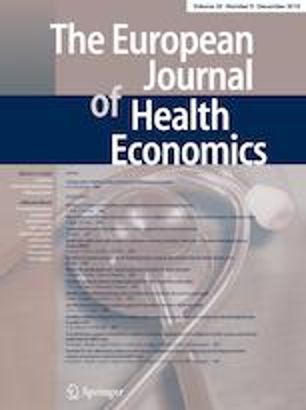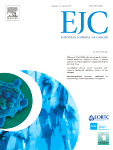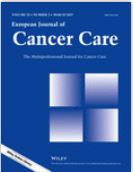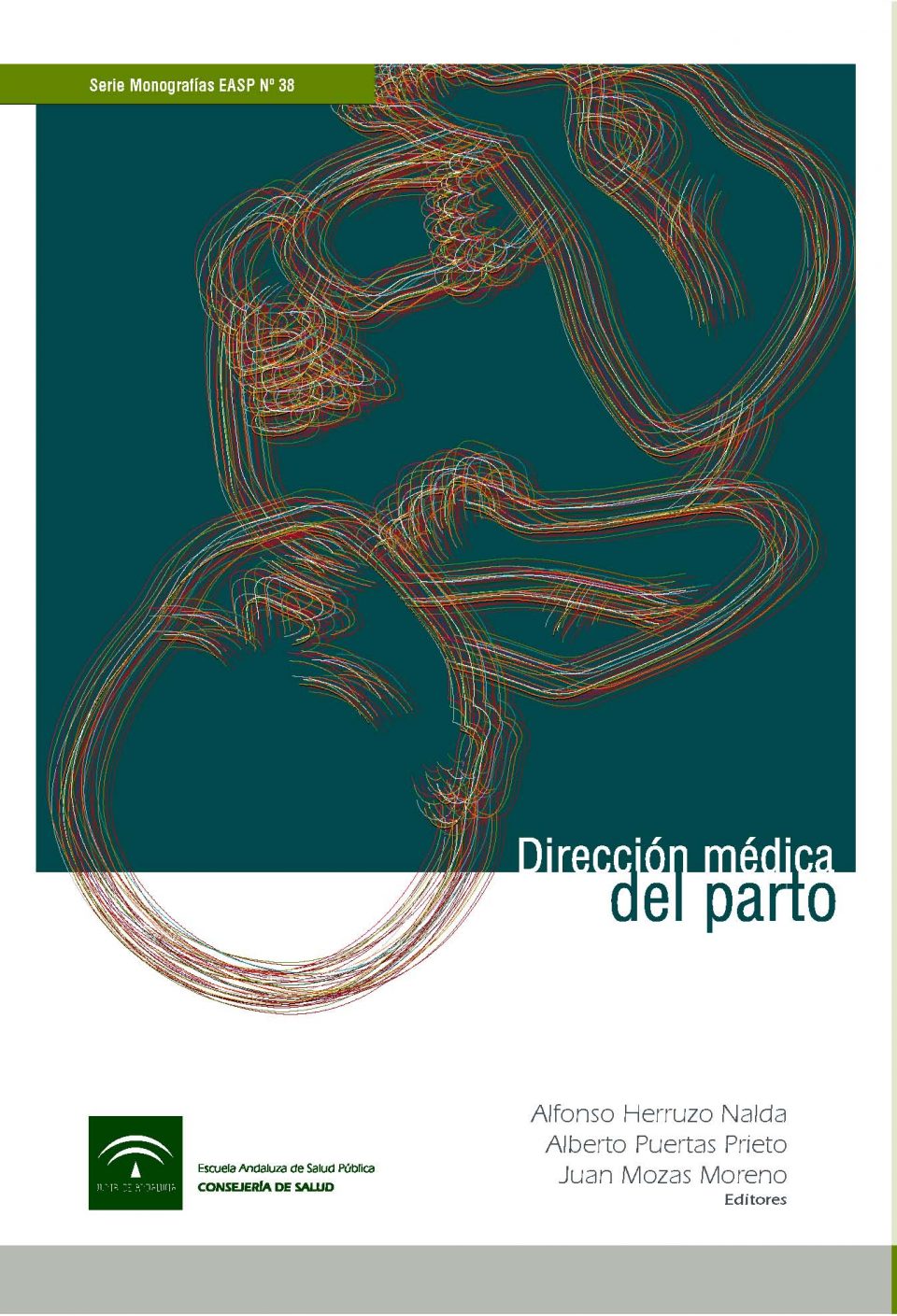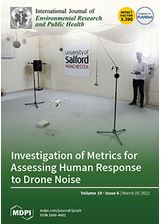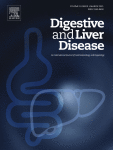Does the use of health technology assessment have an impact on the utilisation of health care resources? Evidence from two European countries
Objectives A centralised approach to health technology assessment (HTA) may facilitate optimal use of HTA resources. A regional approach may increase the chances of local implementation of recommendations. This study aimed to compare assessment procedures in England (centralised HTA approach) with Spain (regional HTA approach) discussing key challenges and opportunities from both approaches. Methods We…



